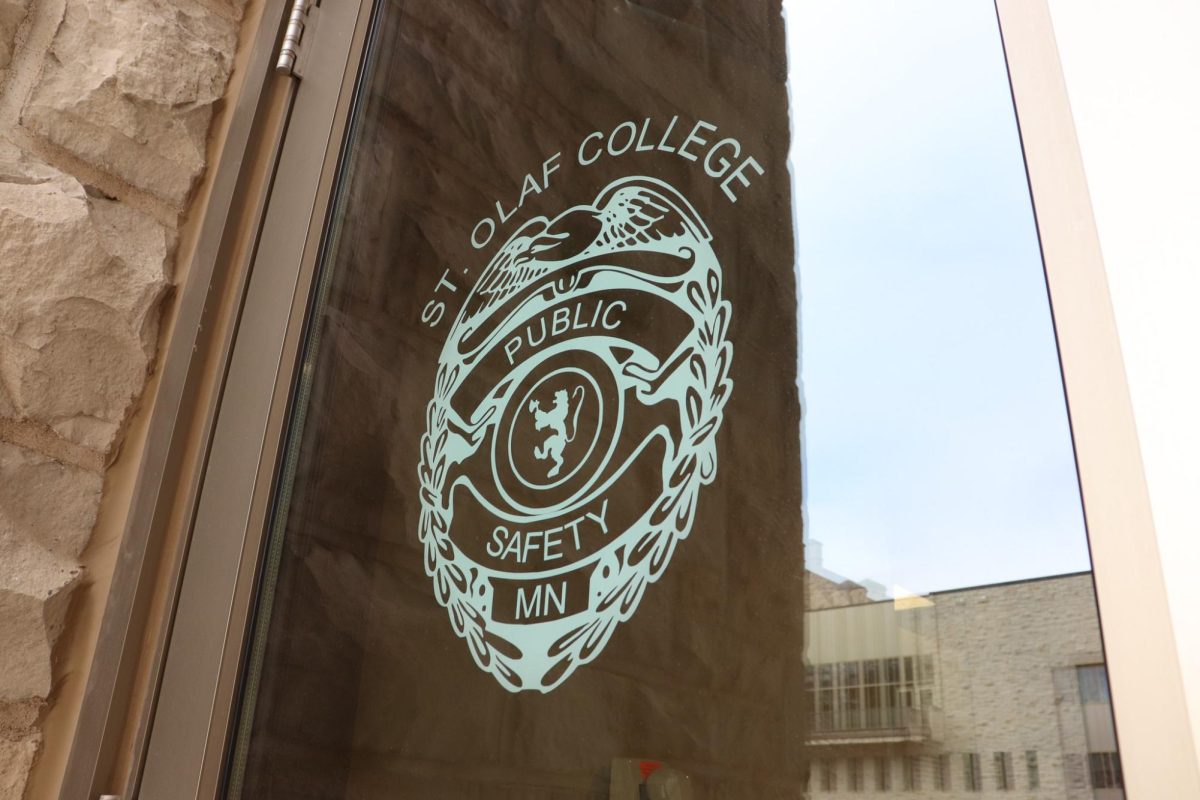The Student Government Association (SGA) Senate passed its budget for the current academic year on Oct. 8.
The budget doubles funds allocated for Senate initiatives, which include Greater Than, It’s On Us and the SGA Taskforce Against Racism (STAR), and increases student compensation, among other changes. Funding for SGA branches has largely remained the same from last year.
SGA has allotted $9,000 to Senate initiatives, with $3,000 going to each. This is up from the $4,500 alloted to Senate initiatives last year. The Senate initiatives’ budget increased to better meet their needs, said SGA President Devon Nielsen ’20.
The initiatives each target a certain issue on campus – Greater Than focuses on mental health, It’s On Us focuses on sexual assault prevention, and STAR focuses on combatting racism.
The fund for student compensation, the portion of SGA’s budget designated for paying SGA members, saw an increase of around $10,000 from last year. Student compensation increased to facilitate SGA’s shift from stipends to hourly wages for its members this year, said SGA Chief Financial Officer George Bongart ’20.
Funding for SGA branches is similar to last year, except for slight increases in funding for the Diversity Initiatives Support Committee (DISC) and the Student Organizations Committee (SOC), said SGA Vice President Ariel Mota Alves ’20.
SGA’s Buffer Fund, designated for usage in case of emergencies, received little money, as it was deemed sufficiently funded from last year’s rollovers. The Projects and Capital Fund, designated for students with project ideas to better St. Olaf, received no money because it was also deemed sufficiently funded from last year’s rollovers, Bongart said.
SGA decreased funding for Collegiate Readership, the portion of the budget designated for providing students access to newspapers, from around $13,000 to $8,000, as student usage of newspapers has declined significantly, Nielsen said. With the College’s new provision of an online subscription to the Wall Street Journal and continued online access to the New York Times, student access to media will not diminish, Nielsen said.
Nielsen, Mota Alves and Bongart have been working on the SGA’s new budget since the spring, but only finalized the draft days before the Senate approved it. Budget decisions are based on conversations with members of different SGA entities, alongside the end-of-year surplus or deficit from the previous budget, Nielsen and Mota Alves said.
“We make sure everybody’s input is taken into account,” Mota Alves said. “It’s a very collaborative effort.”
Corrections: Collegiate Readership funding decreased from around $13,000 to $8,000, not from $5,000 to $0 as was first reported.
Emergency Medical Technician (EMT) funding remained the same from last year, it did not slightly decrease as was first reported.
Reporting contributed by Teague Peterson ([email protected])





